In the included screenshot, I am trying to derive the simplest boolean function. I used these four groups of ones to derive the different variable groups. According to the solution in my book, I don't have the correct four groups, but it does seem to be a grouping of four and not five. Does anyone see a grouping scenario I might have missed? I tried wrapping around but that doesn't seem to help either.
My final function of w, x, y, z was the following and it is apparently not the solution:
F (w, x, y, z) = w'x'z + w'yz' + xy' + wz
